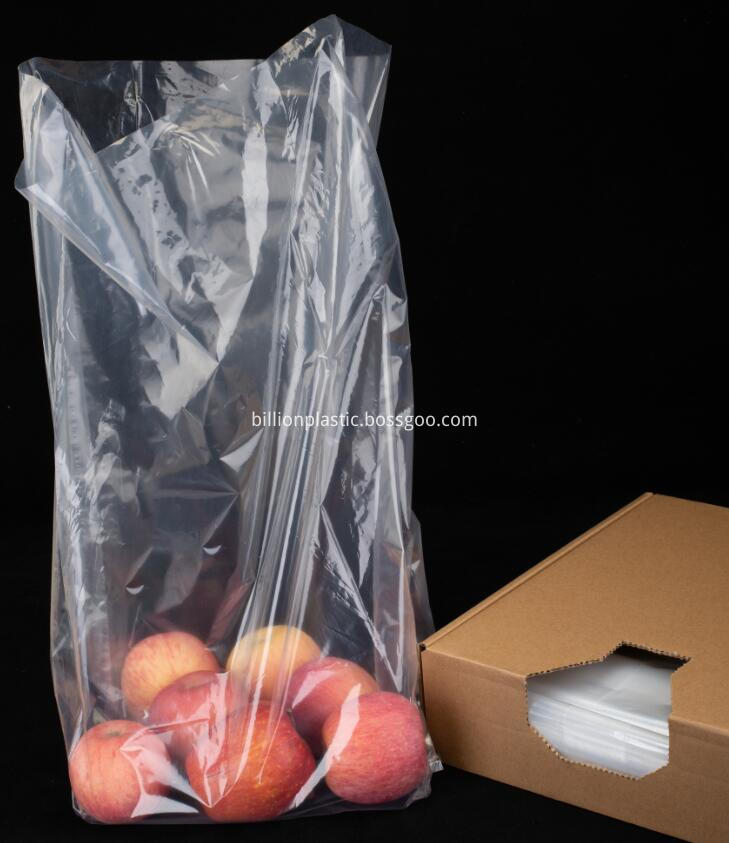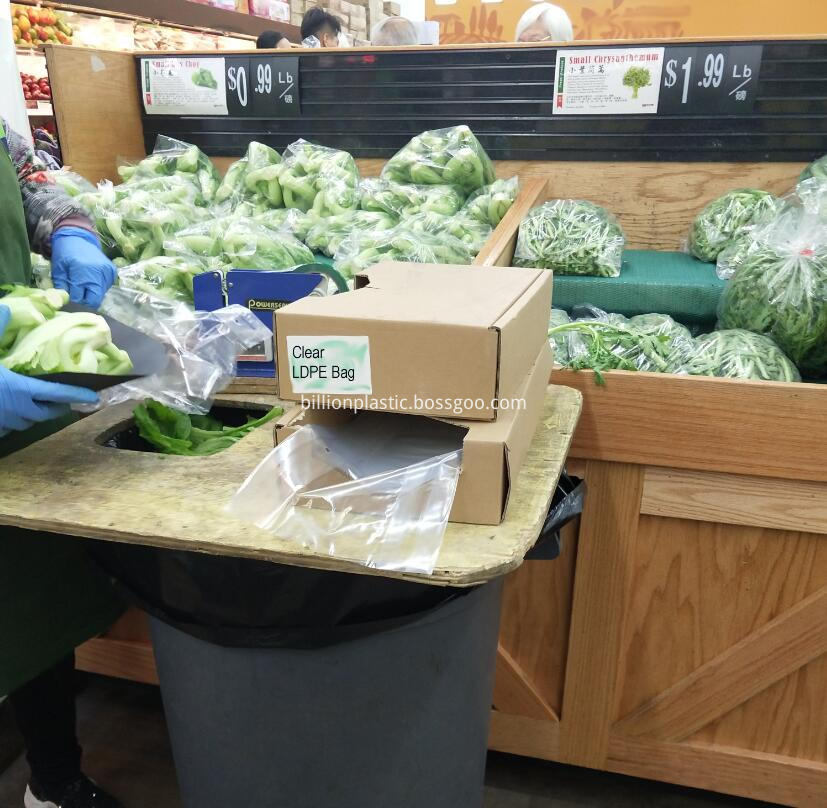Since the overweight of real estate regulation and control policy since last year, the real estate industry has entered a cold winter, and the furniture industry has also been implicated as a real estate downstream industry. On the international front, the impact of the European debt crisis on the demand of the European and American furniture market since the second half of last year has also been very obvious, resulting in a sharp decline in furniture exports.
Under the influence of internal and external factors, the furniture industry company's performance last year was greatly affected. However, industry insiders said that the implementation of the housing construction and furniture trade-in policy is expected to inject new vitality into the listed companies in the furniture industry.
Internal and external pinch erosion profit
Up to now, 10 listed companies in the furniture industry have announced performance forecasts or performance reports, with a loss of one, and expected net profit to decrease by five, and four companies are expected to increase their performance. Among them, Kezhen Wood (002354) and Meike (600337), Keke Wood is expected to grow by 90% to 130%, and Meike is expected to grow by more than 100%.
In 2011, affected by real estate regulation and control policies, real estate sales were low, while the furniture industry as a real estate downstream industry, domestic sales have also been greatly affected. In addition, from a policy perspective, there is no sign of loosening of real estate control policies this year. According to industry insiders, furniture retailing generally lags behind the sale of commercial housing for half a year to about one year, which means that the furniture industry will be affected by this year.
In addition to domestic factors, the deterioration of the external economic environment has also affected furniture exports. Seagull Sanitary Ware (002084) expects net profit to fall 60% to 70% last year. The company said that due to the impact of the European debt crisis, the impact of the global financial crisis has not subsided. The overall demand for the decoration market in 2011 was flat, and the market showed signs of a second recession in the fourth quarter. The sales revenue and profits in the quarter contributed more to the whole year. cut back. Plum Blossom Umbrella (002174) also attributed the decline in performance to the impact of the external economic environment. The company said that due to the impact of the global financial crisis, annual sales revenue is expected to decline year-on-year, and net profit will fall 60% to 90%.
In addition, a number of companies said that the price of basic materials is still high, and the increase in labor costs has also reduced profit margins. It is understood that since the beginning of 2011, the global timber resources have become scarce, and the price of imported timber has been rising. The price of timber imported from North America in 2011 has increased by at least 30%. Under the weight of rising costs, domestic furniture companies are in trouble. In addition, the increase in labor costs has also eroded the profits of furniture companies. According to statistics, labor costs in 2011 increased by more than 20% year-on-year.
Trade in or inject new energy
It is understood that the Ministry of Finance and the State Administration of Taxation issued the "Notice on Adjusting and Perfecting the Comprehensive Utilization of Resources and Labor Value-added Tax Policies" last year, and implemented a policy of refunding 80% of the value-added tax on the sale of the following self-produced goods: Wood (bamboo, straw) fiberboard, wood (bamboo, straw) particleboard, blockboard, activated carbon, tannin, hydrolyzed alcohol, charcoal sticks produced from three types of agricultural and forestry residues such as materials, sub-small fuelwood and crop straw; Cardboard paper produced from Shaliu. Although the implementation of this policy has increased the non-operating income of some furniture industry companies, it is still difficult to reverse the decline in performance.
Weihua (002240) had predicted a net loss of 40 million to 45 million yuan in the third quarter of 2011, but in the fourth quarter of last year, it added a new VAT refund income of 50.62 million yuan. Weihua also revised its performance forecast, and it is estimated that the annual profit will be 5 million to 10 million yuan. Even so, the year-on-year decline will be 50%-75%. Shengda Forestry (002259) can enjoy a VAT refund of 12.1073 million yuan for wood fiberboard products, but due to the year-on-year tax reduction, the company expects net profit to fall by 20% to 50% last year.
According to industry insiders, due to the comprehensive effects of various factors, the performance of listed companies in the furniture industry in 2011 is not good, but the future construction of affordable housing and the implementation of the furniture replacement policy will inject new vitality into the furniture industry.
It is understood that during the "Twelfth Five-Year Plan" period, the state will invest 36 million sets of affordable housing, and the coverage of urban affordable housing in the country will reach about 20%. In the sluggish market, the demand for furniture brought by the construction of affordable housing is very precious. On the other hand, relevant persons of the Beijing Municipal Commission of Commerce recently revealed that Beijing will implement the policy of replacing the furniture with the old ones, but the specific policies have not yet been introduced. According to industry insiders, the furniture industry is an export-oriented industry, with annual exports accounting for nearly one-third of the total. However, the global economic environment has caused heavy losses in furniture exports. Pulling domestic demand is crucial for the furniture industry. The implementation of the furniture trade-in policy is expected to promote the sales of furniture in China and contribute new profit points to the furniture industry companies.
Flat Bag With Gusset is commonly used in Supermarket or Farmer's market for packing vegetables, fruits, meat, seafood or other foods. The material for our bags is food grade, to ensure our bags keep the food clean, fresh and hygienic. The bags could packed into the packing bags as a small unit or pack into the box for convenient draw out.


Flat Bag With Gusset
Ldpe Packing Bag,Ldpe Packaging Bag,Ldpe Fruit Bag,Vegetable Packaging Bag
BILLION PLASTIC MANUFACTURING CO.,LTD, JIANGMEN , https://www.billion-plastics.com
